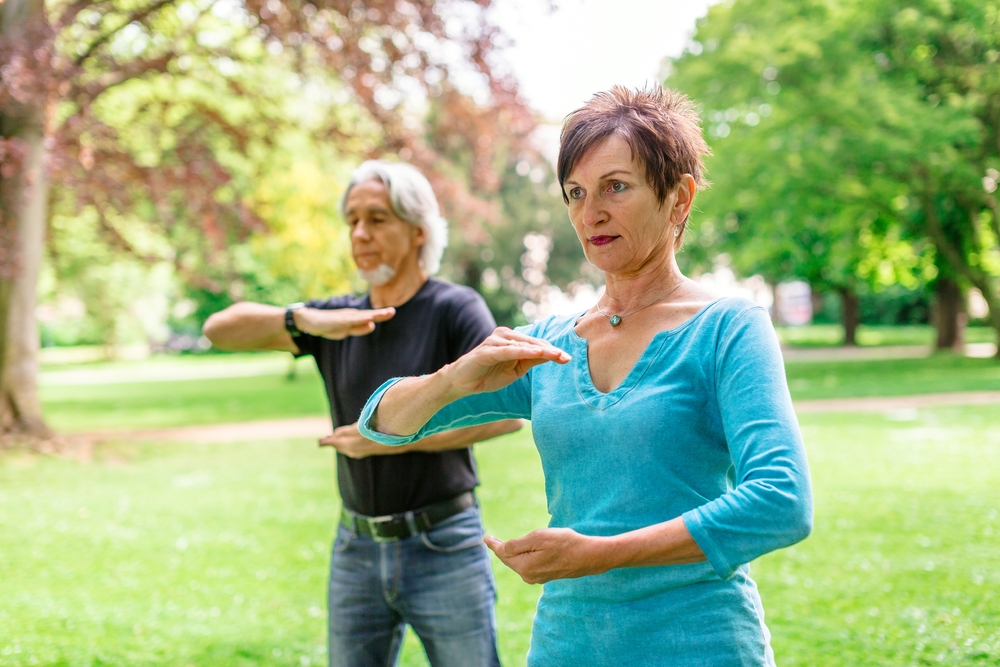ARPF Set to Host Brain Longevity Therapy Training and Symposium

With the goal of warding off Alzheimer’s disease through integrative medicine, the Alzheimer’s Research and Prevention Foundation (ARPF) will host its third Brain Longevity Therapy Training and Symposium Oct. 24-27 in Scottsdale, Arizona.
The Brain Longevity Specialist certification program, which includes yoga training and other techniques, is a gathering of nurses, psychotherapists, integrative medicine practitioners, and other wellness and healthcare professionals who aim to help aging individuals maintain healthy brain function.
“The science behind this course has shown in our research at UCLA that yoga and Kirtan Kriya helped reduce depression, improve mental health and cognitive functioning, as well as reverse cellular aging and inflammation, and provide brain fitness effects in stressed dementia caregivers when compared to relaxation while listening to music,” Helen Lavretsky, MD, psychiatry professor at the University of California, Los Angeles, said in a press release.
”Research also found positive effects of Kundalini yoga practice on mood, memory, and executive function, and brain connectivity in older adults with mild cognitive impairment, compared to memory training.”
The training will be conducted by ARPF founders Dharma S. Khalsa, a physician, and veteran yoga practitioner Kirti Khalsa, plus integrative healthcare professionals such as clinical psychologist Chris Walling, president of the United States Association of Body Psychotherapy. Other trainers will be experts in fields including neuroscience, nursing, and nutrition.
The program provides participants with a comprehensive research library, and includes an intensive look into the science and clinical application of the foundation’s studies in lifestyle medicine. Its curriculum, which includes discussions and a question-and-answer period, seeks to increase knowledge around yoga, neuroscience, and the effect of meditation on those with memory loss and cognitive disability.
Sessions include Chair Yoga Teaching to Older Adults, Applied Yoga Research in Alzheimer’s Prevention, the Psychology of Longevity, Motivational Techniques for Creating Behavioral Change, Healing the Healer: Chair Yoga to Maximize Your Wellbeing, Feed Your Brain: What to Eat to Fend Off Alzheimer’s and Other Dementias, Latest Updates in Alzheimer’s Prevention, Building Your Brain: Why Neuroplasticity is Crucial for Brain Longevity, and Yoga Therapy in Healthcare: Opportunities and Best Practices.
The program will also include an update on the “Finnish Geriatric Intervention Study to Prevent Cognitive Impairment and Disability (FINGER)” (NCT01041989), which looks at the impact of lifestyle changes on cognitive function in at-risk adults. It will also include a session on lessons learned from West Virginia University’s research on meditation and early memory.
Part of the event’s programming will be accessible online for at-home instruction, with an in-person classroom format Oct. 24–25. The symposium portion — aimed at providing brain longevity specialists the latest in ARPF-supported investigations, as well as an idea-sharing opportunity — will be presented Oct. 26–27. Registration fees range from $550 to $825. Visit this site for the complete agenda.
The healthy-aging approach was created in the early 1990s as ARPF’s core program. The foundation’s mission is to prevent AD by funding research studies and providing educational outreach and memory screenings.






